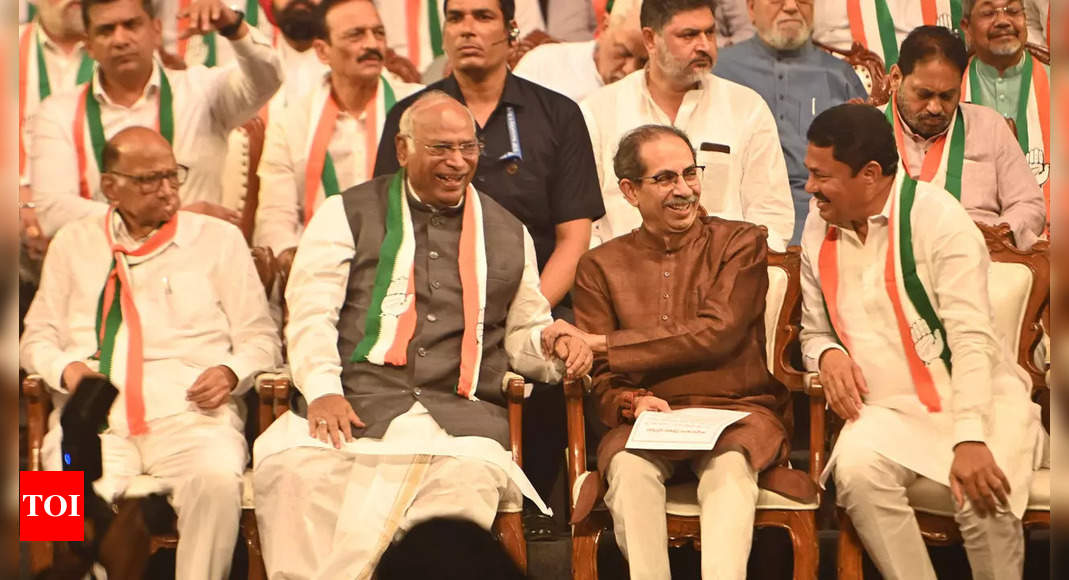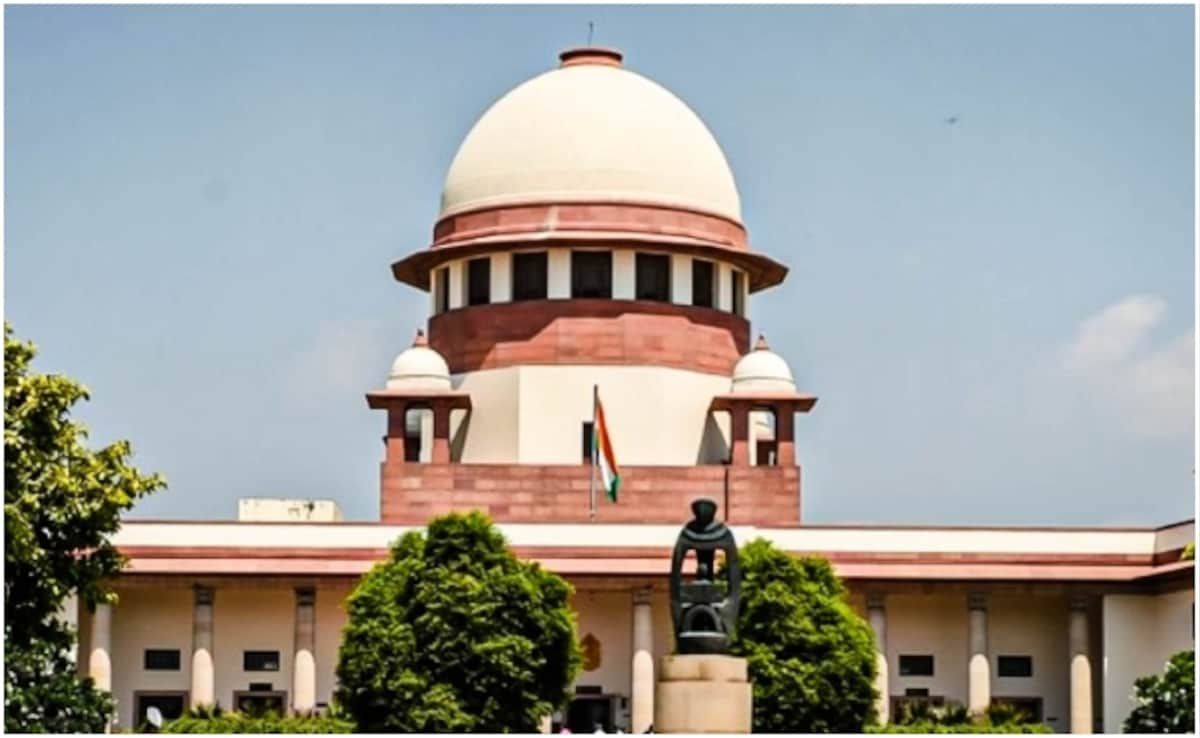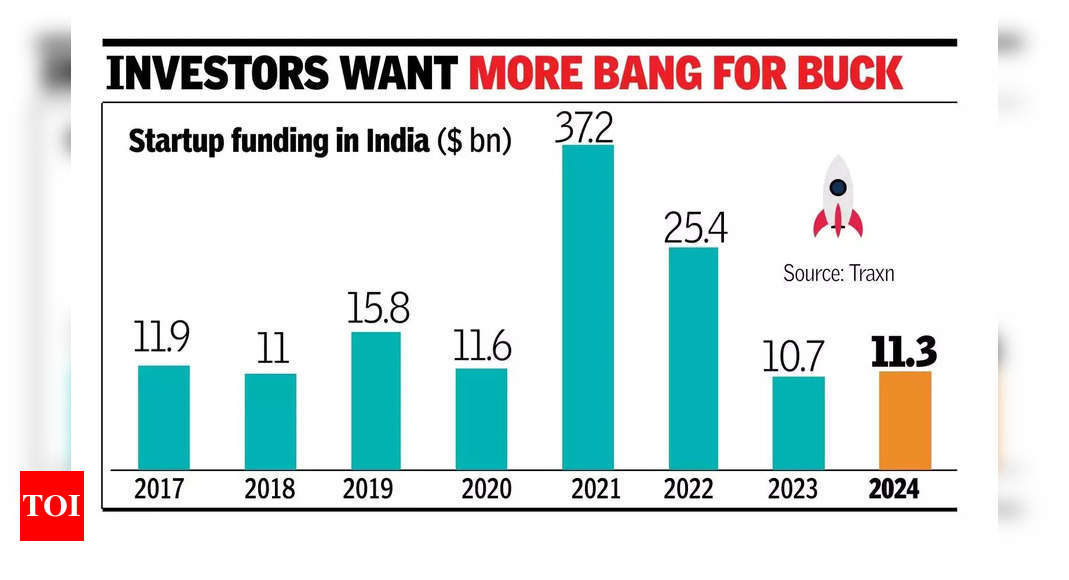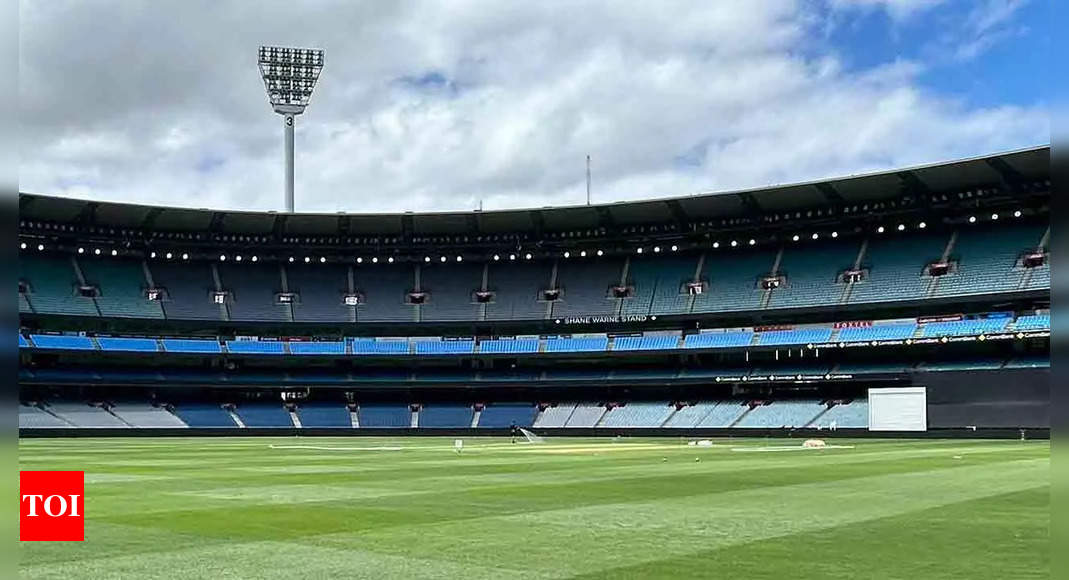
NEW DELHI: Has Haryana election results neutralised the “psychological advantage” which the Congress-led opposition had claimed to gain after Lok Sabha polls? Rahul Gandhi had in his recent speeches claimed that the opposition had broken PM Modi “psychologically”, citing the fact that his government was dependent on the support of allies in Lok Sabha for survival.
The Lok Sabha results had given a new impetus to the Congress offensive against the BJP and it was confident that Haryana results would reinforce its narrative of “BJP being a party on decline.” However, the actual outcome has left the Congress stunned and also brought it under attack from its allies. And what’s more, suddenly the so-called “psychological pressure” has shifted to the opposition ranks.
The next big electoral battlegrounds are Maharashtra and Jharkhand, where assembly elections are due by the end of this year. The historic Haryana win has given the much-needed confidence boost to BJP as it gears up for the next round of state elections. The opposition, on the other hand, has its task cut out as it realises the need to return to the drawing board and reasses its strategy for the upcoming challenge.
Haryana and Maharashtra may not have many things in common. But there is an uncanny similarity in how the BJP was placed vis-à-vis the opposition in both the states after Lok Sabha elections. In Haryana, the Congress had wrested five Lok Sabha seats from the BJP, while in Maharashtra the opposition bloc MVA defeated the BJP-led Mahayuti out and out. However, the Haryana outcome has proved that a good show in Lok Sabha elections in a state may not be enough to win assembly elections in that state.
Following its Lok Sabha victory in Maharashtra, the Maha Vikas Aghadi (MVA), which comprises Congress, Uddhav Thackeray’s Shiv Sena(UBT) and Sharad Pawar’s NCP(SP), was quick to claim that it was the beginning of the end of Eknath Shinde government in the state. Several MVA leaders had then claimed that the people of Maharashtra would throw out the Mahayuti government in the upcoming assembly elections. But as Haryana outcome shows people of the state can vote differently in national and state elections. So, Lok Sabha advantage is no guarantee of assembly elections success.
The second important learning and warning for the opposition, especially the Congress, would be to realise the importance of direct contest in defeating the BJP. The Congress, which snubbed Arvind Kejriwal’s AAP in Haryana, has been under fire for being arrogant towards its allies in states where it thinks it is strong. The results show that Congress would have won at least four more seats in Haryana if it had an alliance with AAP. While it may still not have been in the position to form a government, it would have at least been saved of the accusation of being arrogant towards its allies. In Maharashtra, the MVA partners have been struggling to reach a mutually acceptable seat-sharing deal amid claims and counterclaims by the three parties based on Lok Sabha results. The Haryana results may help the allies realise the importance of staying united in their fight against the BJP-led Mahayuti. Also, the regional allies may now have an upper hand over the Congress, which would be wary of pushing too hard.
Clearly, the Haryana outcome is a wakeup call for the Congress and other opposition parties, who perhaps know that they may have lost the much-touted “psychological advantage” after a better-than-expected Lok Sabha performance.







